The ongoing scandal that is our nation’s best answer to veterans health care continues to gather steam. In addition to firing a lot of people, we should also take the time to look at what exactly veterans should expect from a health care system.
John McCain offers a good proposal:
Memorial Day is a sacred observance in America’s democracy—the day that the nation honors and thanks those who have worn the uniform of the United States and have served and sacrificed in its defense. We all love our country and the values it embodies. But there is no greater demonstration of that love in a democracy than those who freely bear arms and head into harm’s way, willing to lay down their lives for the sake of their fellow citizens. For the citizens on whose behalf this sacrifice is made, there is no greater responsibility than to care for those who have returned from the fight, to help them bind up their wounds and carry on.
It is therefore the height of shame and tragedy that on this Memorial Day the nation is seized with the unfolding scandal of the government’s failure to meet its highest responsibility to veterans and wounded warriors. At least 26 Department of Veterans Affairs health-care facilities are under investigation for chronic mismanagement, deceitful and self-serving behavior, and inadequate provision of care. Whistleblowers allege that these and other failures at VA facilities may have led to the deaths of some 40 veterans. Simply put, America’s veterans are losing confidence in the one government agency that exists solely to care for them.
…
What is needed now is real action and systemic reform of the VA. As a first step, Secretary of Veterans Affairs Eric Shinseki —a career soldier, a Vietnam combat veteran and a man whose career of service I have long admired—needs to carefully consider whether the best thing he can do now to help restore the nation’s confidence in the agency he leads is to stand down from his post.
More broadly, Sens. Richard Burr, Tom Coburn and I are working on legislation that would strengthen the ability of VA administrators to hire and fire those charged with providing care and, most important, give far greater flexibility to veterans to get the care they need and deserve, where and when they want it, whether in the VA system or not.
Veterans have earned the right to choose where and when they get their medical care, and it is our responsibility to afford them this option. Continuing to require that they rely on a system riddled with dysfunction, while waiting for broader reform, is patently unacceptable.
This makes a lot of sense from a lot of standpoints. Despite the wars in Iraq and Afghanistan the number of veterans continues to decrease. There are currently about 21.6 million veterans. Absent a return to the draft and a global war the number of American veterans will shrink by about 400,000 per year (link to Excel spreadsheet) as the World War II, Korea, and Vietnam cohorts die. Logically, this implies a decreasing VA budget each year, not a never-ending series of increases.
Of the total number of veterans, about 3.7 million have a service connected disability ranging from 0-100%. Click the thumbnail to get a picture of how the disability ratings are broken out. 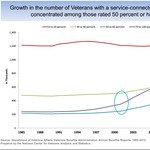
For eligibility purposes for access to VA health care facilities, veterans fall into one of eight priority groups. A total of 5.6 million veterans used VA medical services in 2013 (link to Excel spreadsheet). The lion’s share of health care resources are going to be devoted to those with service connected disability ratings of 30% or more.
In 2013, the VA medical budget was $142.8 Billion. If that sum were prorated among all veterans it would come to $6,500 per veteran annually. When distributed equally among all veterans using VA medical facilities this would be nearly $26,000 per person. If it were only dispersed to veterans with a compensable disability 0% or greater, the sum would increase to nearly $39,000 per veteran.
The competitive advantage of the VA is dealing with serious wounds and conditions associated with combat injuries. A strong case can be made for retaining that capacity. Most veterans have no need to use VA medical care, those that do would receive more competent and more timely treatment if they had private medical insurance that was sufficient to cover their medical needs. More importantly, veterans should not receive their health care from a paternalistic organization that is more concerned with padding it reports with happy sounding statistics than serving the men and women who are entitled to care.
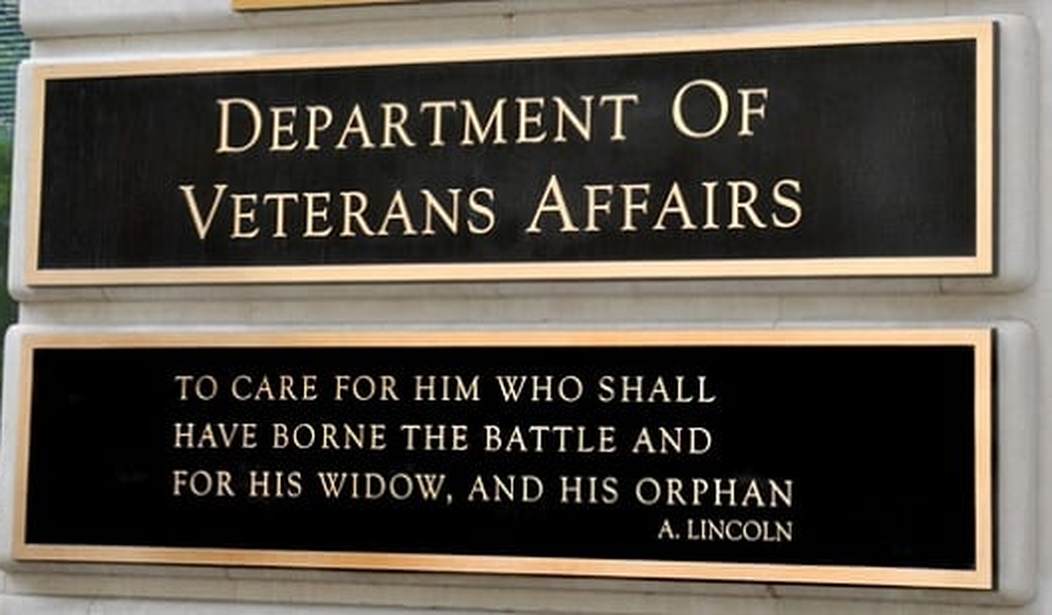
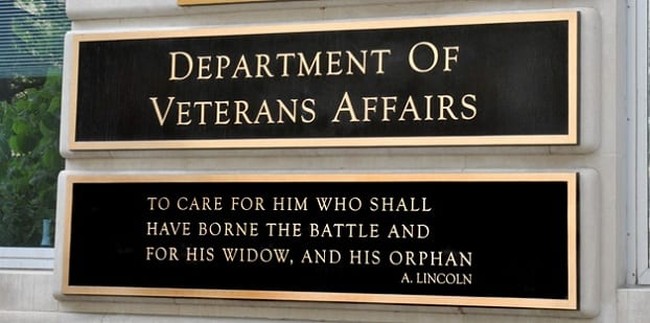




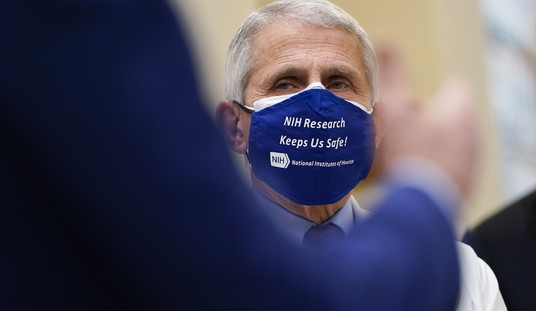





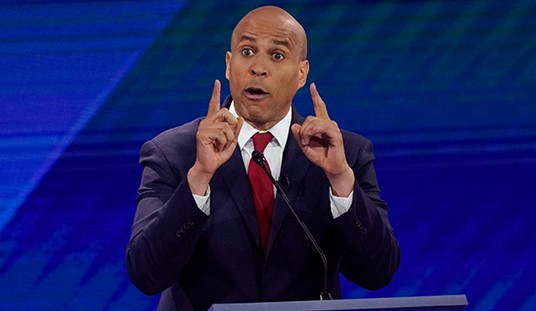

Join the conversation as a VIP Member